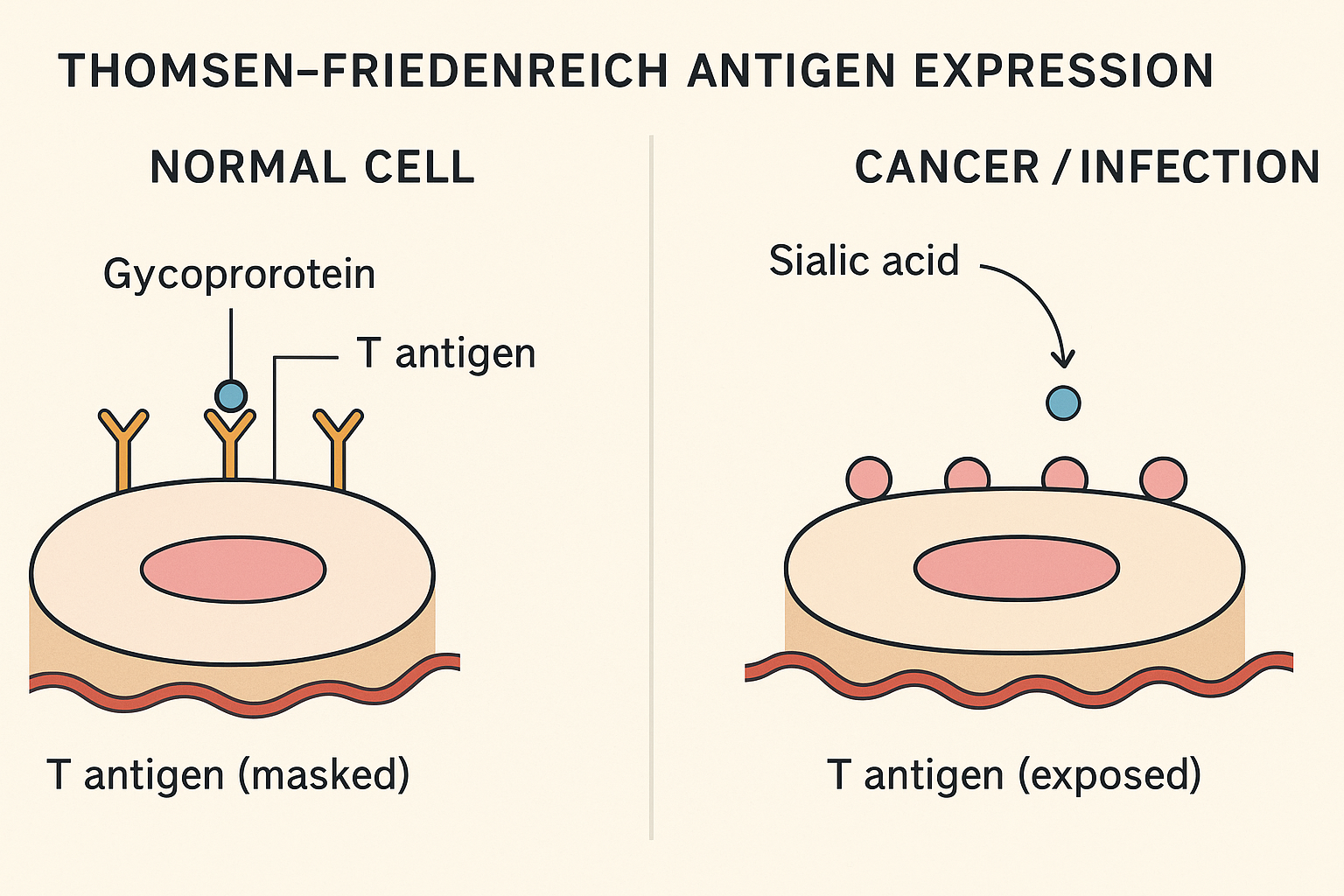AFP (Alpha-Fetoprotein)
Alpha-Fetoprotein (AFP) is a well-established cancer biomarker with diverse clinical applications, especially in liver and germ cell tumors. Here’s a detailed summary of its biological role, diagnostic value, prognostic utility, and emerging therapeutic applications, based on recent studies:
🔬 What is AFP?
AFP is a glycoprotein produced by the fetal liver and yolk sac. After birth, its levels drop dramatically. In adults, elevated AFP is often associated with cancers, especially hepatocellular carcinoma (HCC) and yolk sac tumors (Chaudhuri et al., 2024).
🧪 Diagnostic Applications
- Primary Liver Cancer (HCC): AFP is most commonly used in the diagnosis and monitoring of HCC. While not highly sensitive alone, it remains useful in combination with imaging (Trevisani et al., 2019).
- AFP-producing Tumors: Rare subtypes of gastric and pancreatic cancers can also produce AFP and tend to be aggressive with early metastasis (Abdelwahab et al., 2022), (Gvajaia et al., 2024).
📊 Prognostic Utility
- Higher AFP levels are associated with worse prognosis in HCC, including shorter survival, poor tumor differentiation, and higher recurrence after treatment (Gupta et al., 2013), (Yao et al., 2016).
- Combining AFP with hPG80 (progastrin) improves prognostic accuracy in early-stage HCC (Prieur et al., 2021).
- Elevated AFP is also linked with lymphovascular invasion in gastric cancer, suggesting it may predict more aggressive tumor behavior even outside liver contexts (Martlı et al., 2024).
🧬 Therapeutic and Research Applications
- AFP-based Cancer Vaccines: AFP has been shown to elicit immune responses and is being investigated for vaccine development in HCC patients (Bei & Mizejewski, 2011).
- AFP as a Drug Target: Emerging research explores AFP’s role in drug resistance and tumor progression, suggesting possible roles in immunotherapy and gene therapy (Głowska-Ciemny et al., 2023).
- Immunoassay and Biosensor Technologies: Advanced methods like affibody-based ELISA and electrochemical biosensors are being developed for more sensitive AFP detection (Liu et al., 2020), (Zhang, 2022).
⚠️ Limitations and Caveats
- False Positives: Elevated AFP can occur in non-cancerous liver diseases and even hereditary conditions like Hereditary Persistence of AFP (HPAFP), which can lead to misdiagnosis (Saracoglu et al., 2022).
- Age Considerations: In children, AFP levels are physiologically elevated, making interpretation difficult in pediatric cancers (Głowska-Ciemny et al., 2023).
✅ Conclusion
AFP remains a valuable biomarker, especially in liver cancer. Its diagnostic and prognostic roles are being enhanced through combination with other markers and innovative detection technologies. It also holds promise as a therapeutic target in cancer immunotherapy.




